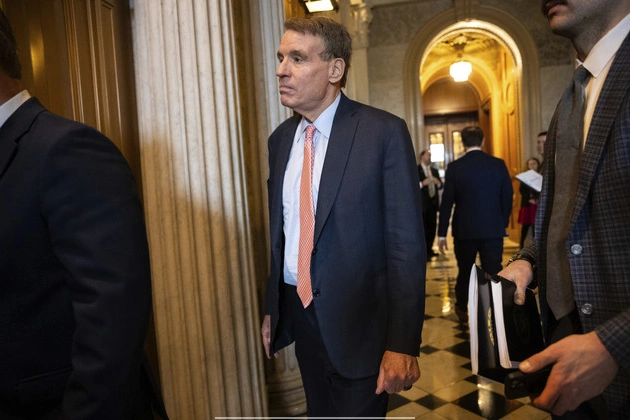
In the wake of the Signal chat breach scandal involving White House officials, Senator Mark Warner (D-Va.) expressed grave concerns about the potential risks to national security. Warner criticized the officials for their careless handling of classified information, questioning their judgment in using the communications app.
Revelations and Fallout
The controversy unfolded when Atlantic editor-in-chief Jeffrey Goldberg disclosed his inclusion in a Signal group chat where top defense officials, including Defense Secretary Pete Hegseth and national security adviser Mike Waltz, discussed military strike plans in Yemen. Waltz took responsibility for inadvertently adding Goldberg to the chat, sparking public outrage and calls for accountability.
Public Response and Political Standoff
Despite mounting pressure for Waltz’s dismissal, President Trump defended the national security adviser, dismissing criticisms as a ‘witch hunt.’ While some Republicans supported the White House’s stance, dissenting voices highlighted the gravity of the security lapse and its potential consequences.
National Security Implications
Warner recounted interactions with military personnel and their families in Virginia, emphasizing the real-world impact of compromised information on operational security. The use of Signal for sensitive discussions raised concerns among lawmakers and experts, underscoring the need for secure communication channels in handling classified data.
Debating Security Protocols
Lawmakers like Rep. Mike Turner acknowledged the benefits of Signal’s encryption but stressed the limitations compared to government-classified systems. The ongoing scrutiny has prompted discussions within congressional committees about the appropriateness of using Signal for official communications and the need for stricter protocols.
Future Outlook and Oversight
As the fallout continues, the Armed Services and Intelligence Committees are poised to review the incident and assess the suitability of Signal for sensitive discussions. The debate over secure communication methods and the implications for national security remains a focal point in the ongoing dialogue among policymakers.











